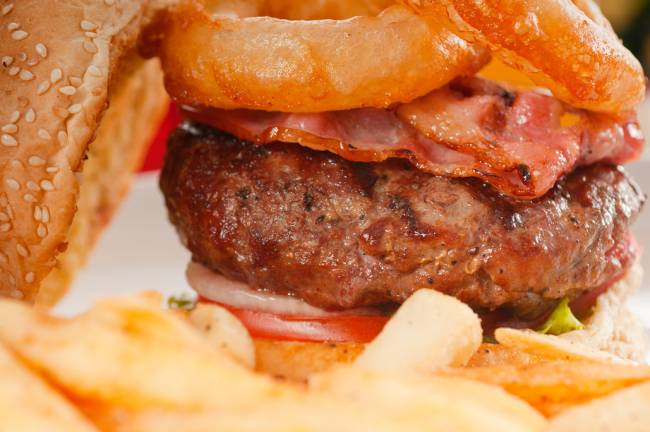October is National Cholesterol Month, but how much do you know about high cholesterol, the damage it can do, and how you can control it? Dr Seth Rankin, a Senior NHS GP and founder of London Doctors Clinic offers some advice…
What is cholesterol?
Cholesterol is a type of fat made naturally in the body which is transported through our blood.
High levels of cholesterol can cause a build-up of plaque in the arteries – a bit like lime-scale in your pipes – which can block the flow of blood and cause heart attacks, strokes and aneurysms.
How do I know if I have high cholesterol?
In most cases, unless you’ve had the blood test, you don’t!
High cholesterol is known as a ‘silent killer’ as there are no obvious symptoms but in some cases, people with high cholesterol may also develop small skin-coloured lumps around the corners of the eyelids, known as Xanthelasma. It’s thought that Mona Lisa may have fallen victim to cholesterol, with eagle-eyed medics pointing out what looks like Xanthelasma (cholesterol deposits) around her eyes.
You don’t even necessarily have to be overweight or obese to develop high cholesterol – the only requirement is ‘bad’ genes or a diet high in saturated fats so adults and young children are both at risk.
What foods should I avoid?
The best way to lower cholesterol is to do regular exercise and avoid eating saturated fats, although this may not be enough for people whose genes are against them.
Eating animal products generally raises cholesterol levels and the higher the saturated fat content, the higher your cholesterol will get.
Cutting out meat, butter, cheese and milk will reduce your cholesterol.
Also cut out palm oil and coconut oil as they are high in saturated fats too.
Egg yolks are high in cholesterol but very low in saturated fats so they’re not so bad but limit them to a few a week.
What else can I do to lower my cholesterol?
Small diet changes can make a big difference to your health so consider these suggestions where possible:
- Try grilling foods instead of frying them
- Replace cow’s milk with soya, almond or any of the other many types of ‘pretend’ milks on the shelf
- Use non-dairy spreads
- Lean, skinless white chicken meat is a good choice for the cholesterol-conscious
- Try cutting back on animal products for six months at least and see what happens
- Swap meat for fish – or at least cut the obvious fat off your steak
- Use olive oil instead of butter or dripping (and check what oil your local chippy is using to deep fry their foods)
Did you know?

A McDonald’s ‘Big Tasty’ burger with bacon, contains a whopping 20g of saturated fats – the full 100% of an adult’s recommended daily intake! Add large fries and that’s another 2g of saturated fats.
Mac and Cheese is a comfort food classic but it’s also a veritable cholesterol stew! The creamy combination of milk, cheese and butter means that an average portion contains around 8mg of cholesterol!
Good cholesterol consumption

Foods high in ‘good cholesterol’ actively help to lower cholesterol levels, so ensure your diet is rich in foods such as grains, vegetables, fruits, legumes, nuts, and seeds. Each one contains a naturally occurring substance called plant-sterols and stanols, which have powerful cholesterol-lowering abilities.
This magic ingredient appears to block the absorption of cholesterol in the gut, reducing the amount of cholesterol that can enter the bloodstream. Consuming 1.5-2.5g plant sterols and stanols, through supplements, foods or margarines as part of a balanced diet, can help to reduce levels of bad cholesterol by around 10%!
Cholesterol screening
With no stepping stones between healthy cholesterol and high, many doctors recommend getting your cholesterol levels tested properly at least every five years, particularly if you are considered high risk. This can be done with a simple blood test.
If all else fails and you’re struggling to maintain safe cholesterol levels with diet and exercise alone, speak to your GP and see what the options are.

Dr Seth Rankin is a Senior NHS GP and founder of London Doctors Clinic.








